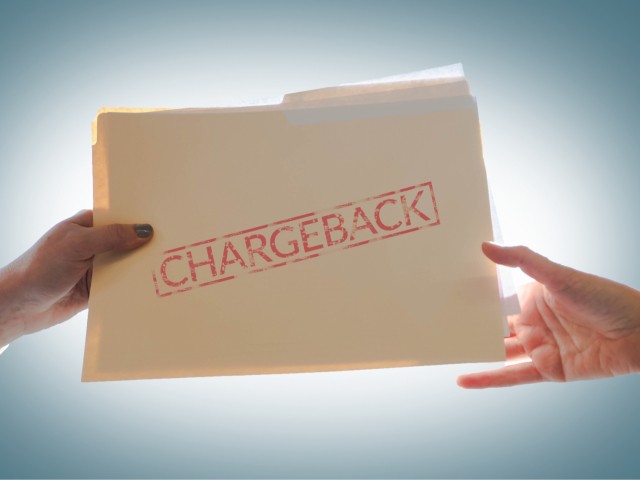The Prosecutor General's Office of Uzbekistan has issued a warning
Local
−
22 August 2023 50286 3 minutes
The Prosecutor General's Office of Uzbekistan has issued a warning to the public regarding the prevalence of the "chargeback" criminal scheme in the country. Numerous businesses have fallen victim to these illicit activities, prompting the General Prosecutor's Office to raise awareness.
The "chargeback" scheme has gained significant traction in Uzbekistan, leading to financial losses for various business entities. This matter has been highlighted by the General Prosecutor's Office.
"Chargeback" refers to the process wherein a cardholder disputes and annuls a card transaction through their servicing bank. Despite its original intent as a protective measure, the "chargeback" mechanism is increasingly being exploited for fraudulent gains.
The misuse of the "Chargeback" procedure for deceptive purposes is a relatively recent occurrence in Uzbekistan. However, there are already established instances of such misconduct within law enforcement operations.
Specifically, there is a recorded case where a customer purchased a laptop valued at 8 million soums from an online store, utilizing a bank card for online payment. Subsequently, the legitimate owner of the card initiated a refund ("chargeback") through the bank, asserting that they had not authorized such a transaction.
Consequently, the bank debited the corresponding amount from the seller's account and reimbursed the client with 8 million soums. The seller was unable to substantiate the identity of the payer, as they had not taken additional steps to verify the customer's information.
As a result, companies are facing challenges due to the "chargeback" mechanism, primarily due to the absence of appropriate protocols for such scenarios. Currently, law enforcement agencies lack a comprehensive methodology to detect and prevent "chargeback" fraud.
Financial institutions also lack specific procedures to identify cases connected to this mechanism and safeguard the legal interests of entrepreneurs.
Based on Central Bank data, payment card transactions accounted for 65% of the total retail payment volume in 2022. This indirectly indicates an escalating potential for "chargeback" risks.
Differing from conventional fraud schemes, the chargeback scheme does not necessitate the accused party to prove their innocence. A customer's claim of non-receipt of goods/services or suspicion of company fraud suffices. The onus of proof falls upon the entrepreneur, a challenging task in remote sales, particularly when dealing with international customers.
Examination of legal precedents reveals recurring patterns of "chargeback" misuse:
• Acquiring items with no intention of returning them despite implying an intention to do so later.
• Utilizing a card reported as stolen, enabling the legal owner to initiate a "chargeback."
• Exploiting another individual's card.
• Making a purchase through delivery and then executing a "chargeback" on the pretext of non-receipt.
Substantiating the legitimacy of received funds demands both time and financial investment. Beyond direct monetary losses, businesses frequently experience harm to their reputation and are subject to fines due to transaction disputes.
To mitigate risks stemming from "Chargeback," experts offer the following recommendations:
• Implement rigorous payer verification during payment processing.
• Maintain comprehensive records of buyer information and purchase particulars.
Live
All




